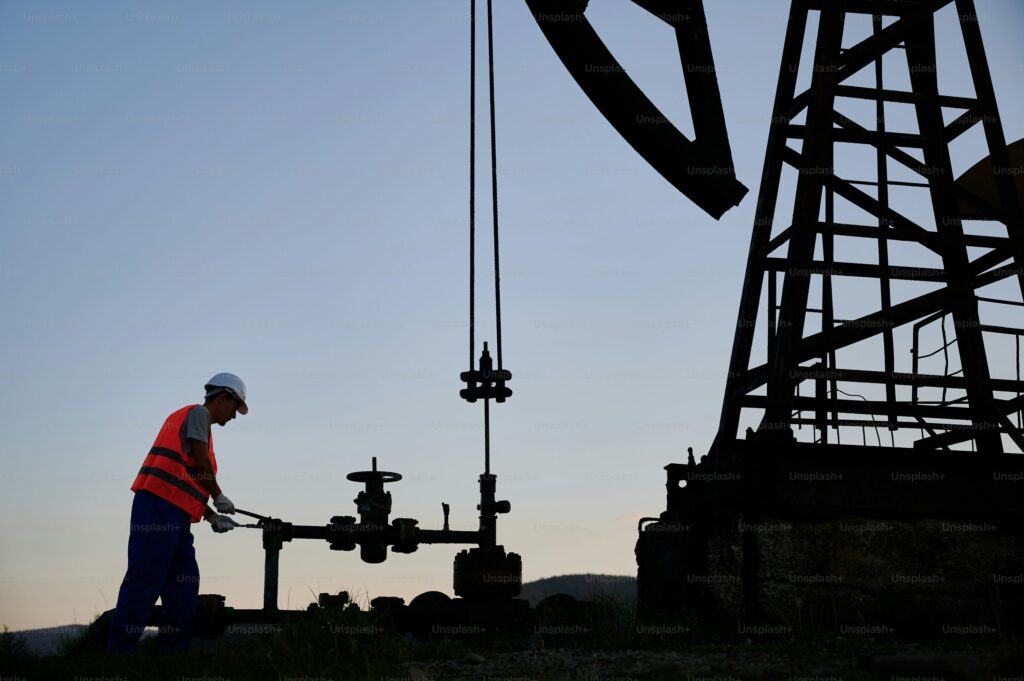It may not be a good time to mention stocks. But surely you noticed that when the COVID-19 crisis hit, the stock market tanked, immediately and violently. Meanwhile one of the longstanding demands of the Davos set has been that financial markets must take account of the world-ending, extinction-level risks of climate change, in response to which the market has spent the last decade soaring higher and higher. No one could accuse investment managers of not having heard about the climate catastrophe, since the great and the good have been yammering on about nothing else for years. If the endless hype about the costs of climate change failed to send stock markets into the tank, it’s because businesses privately don’t believe they’re significant. So why do they keep saying otherwise?
For example, NBC recently reported on Larry Fink, CEO of Black Rock, the world’s largest money manager with assets under management approaching $7 trillion, putting the usual hoo-hah into his annual letter to fellow chief executives. “Climate change has become a defining factor in companies’ long-term prospects. ... awareness is rapidly changing, and I believe we are on the edge of a fundamental reshaping of finance.” Which would only make sense if investment managers like Larry Fink were the myopic dunces that the Bernie Sanders of the world accuse them of being.
Unsurprisingly, Fink said it in anticipation of the January 2020 Davos World Economic Forum, whose trendily vacuous theme was “Stakeholders for a Cohesive and Sustainable World.” Sustainable is a word with about as much concrete meaning as stakeholder, while if humans suddenly becoming cohesive was a share you wouldn’t invest in it. But what could this reshaping mean in practice?
Very little. As Fink wrote, “capital markets pull future risk forward”. So they’ve already discounted it, right? Yes, er, no, he says, but soon “we will see changes in capital allocation more quickly than we see changes to the climate itself.” But what changes in capital allocation exactly? What’s he doing with his massive portfolio? “In the near future — and sooner than most anticipate — there will be a significant reallocation of capital.” Yes, yes, get to the point. To what exactly? Well, stuff.
Pails of water, possibly. The NBC story ended tritely “Australia has drawn global attention in recent months, with the country experiencing one of its worst bush fire seasons on record.” And if businesses really thought floods and fires were coming, they’d be dumping shorefront property, factories near trees, everything in Australia and so on and snapping up hurricane-proof real estate, fire extinguishers, buckets etc. But they didn’t. Instead (until COVID-19) stock markets were on a long boom. That was businesses’ real opinion of climate change. The rest is just feel-good talk.
Senator Elizabeth Warren almost stumbled into a similar trap before stumbling into a campaign-ending Super Tuesday performance. Reuters reports that she wrote a snippy letter to executives at America’s biggest banks, saying in effect they didn’t know their own business and demanding they explain it. And to put the heat on them, she gave the letter to Reuters. “I write to ask for more information about the risks caused by the climate crisis on the financial industry and your institution’s practices, including what steps, if any, your institution is taking to adapt to mitigate these risks.” The answer of course would not be found in the pious sentiments they might have sent if she were still a political factor but in the cold calculating investment decisions they make with money they’re responsible for.
Reuters on the other hand bought her letter hook, line and sinker, writing “The threat has caught the attention of financial regulators concerned with how rising seas and other consequences of the build-up of human-generated greenhouse gases could impact financial stability by, for instance, eroding the value of homes against which banks have lent hundreds of billions of dollars.” So government bodies are concerned. But why aren’t the banks? Do they know there’s nothing significant to see here, just at worst a minor drop in the rate of growth? (If you’re tempted to ask why they weren’t concerned about the eroding value of homes they’d lent against in 2008, the answer is government bungling: specifically loan guarantees and political pressure to hand out mortgages like candy.)
In his letter Larry Fink also said “Over the 40 years of my career in finance, I have witnessed a number of financial crises and challenges — the inflation spikes of the 1970s and early 1980s, the Asian currency crisis in 1997, the dot-com bubble, and the global financial crisis.” And “Even when these episodes lasted for many years, they were all, in the broad scheme of things, short-term in nature. Climate change is different. Even if only a fraction of the projected impacts is realized, this is a much more structural, long-term crisis. Companies, investors, and governments must prepare for a significant reallocation of capital.” Yeah. If.
You could see how worried companies were by the bull market that lasted years. And then the coronavirus hit and markets tumbled into a genuine financial crisis worse than the ones he mentioned because of something real with actual impacts bankers believed in. Unlike the rising seas, howling hurricanes, devastating forest fires and other such impediments to making money that “woke” capitalists talk about as if they believed all these things were coming and more. But they don’t actually discount future profits and current share prices because… they don’t actually believe it.
Why not? Because it’s not sensible to. As we’ve pointed out repeatedly, the actual expected warming from rising CO2 concentrations is not very large, and the actual expected harm from mild warming is not large either. Indeed, it may be less than zero.
What really might put the kibosh on sales, profits and their inescapable prerequisite the creation of goods and services that make happy customers, is crazy green policies that destroy wealth to fight off purple dragons. So if you want to see share prices respond to real danger, add the Green New Deal to the COVID-19 crisis.



A well said assessment of the BS out there. I just wish the real scientist, and "certified" smart people,
would speak out more forcefully in the public arena, so we can start a real global push back on all
the bad climate science and childish (Greta) hysteria, before the world leaders and bankers do
something really stupid. Thanks for all you are doing to be a voice of reason.
SHORT VERSION: Modern popular environmentalism was yesterday's globalist scam... that failed.
The globalists are now putting all of their chips into the CanaryInTheCasinoMine19 "virus" scam and they are winning.
The institutional left subsumed the greens decades ago resulting in a bait and switch scam whereby the hysteria of CAGW is used as a cover for the goals of destroying capitalism and state control of more and more of human existence. The corporate sector, staffed with "communications" experts steer their employers to respond in a manner that would make Vladimir Lennon blush for his "capitalists selling rope for their own hanging" quote. The business media is also implicated as they do little else but parrot the same hysteria under the spin of ESG and the unquestioned deterministic path of eliminating fossils fuels despite the completely infeasible reality of any residual prosperity given current technology or political will. Unless the conversation includes the plan to increase nuclear power on an industrial scale, eliminating fossil fuel is a conversation by the ignorant and or apparatchiks attempting to keep them ignorant.
The Covid 19 virus crisis is a separate issue reflecting the most practical actions available to prevent the overwhelming of public health resources worldwide.